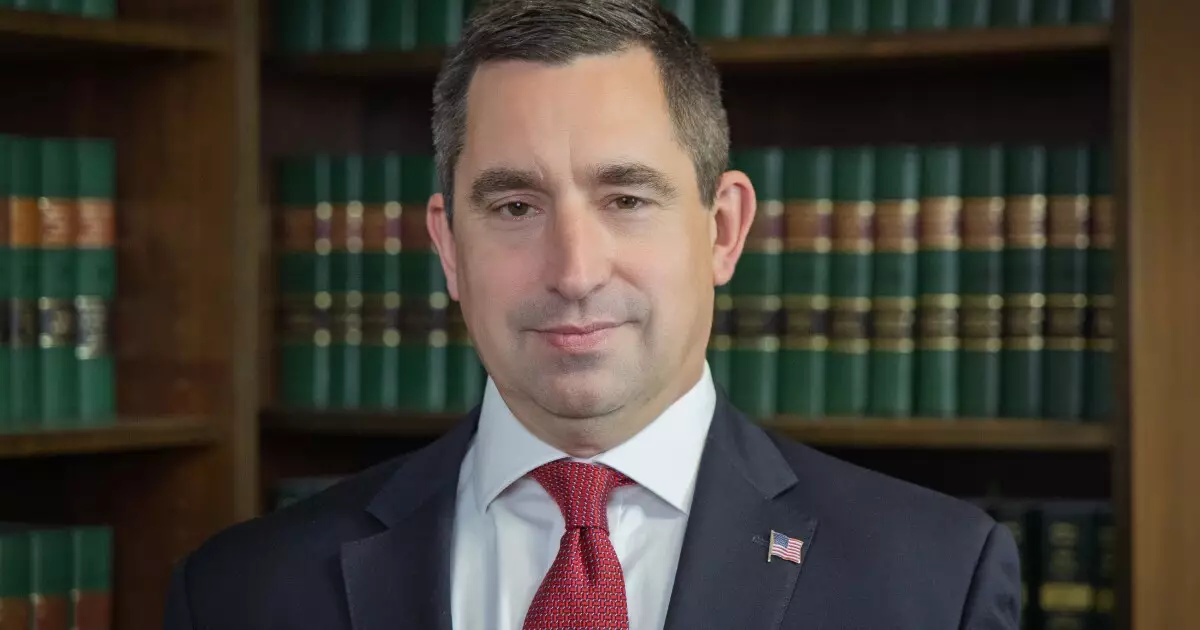The recent announcement from North Carolina State Treasurer Brad Briner regarding Jeff Poley’s appointment as the interim director of the State and Local Government Finance Division raises essential questions about the leadership dynamics shaping our state’s financial future. With Briner actively searching for a permanent candidate, the urgency for robust leadership in local finance has never been more pronounced. Given the complexities of municipal financing, especially in the wake of crises like Hurricane Helene, our local governments demand experienced leaders who can navigate these turbulent waters effectively.
The Significance of Experience
Jeff Poley’s extensive background as a bond lawyer and his close ties to North Carolina local governments position him as a suitable interim leader. Having spent over 28 years in the field, he understands the intricate machinery of government finance. His role in creating the Hurricane Helene Cashflow Loan Program demonstrates his commitment to providing immediate support to impacted municipalities. However, it’s concerning to note that Poley only views his position as a temporary one. Such a mindset may hinder long-term planning, leading to instability at a time when consistent, reliable leadership is crucial.
The Role of the Local Government Commission
The structure of the Local Government Commission (LGC), which includes the State Treasurer and others, is designed to foster a collaborative environment for fiscal oversight. However, this multi-faceted governance group often finds itself bogged down in bureaucracy. For real progress, we need members who are not just public servants but also proactive innovators willing to challenge the status quo. The current framework may risk prioritizing red tape over agility and adaptability—qualities that are indispensable in times of crisis.
The Imperative of Strong Leadership
With a vacancy looming and Poley’s interim status casting uncertainty, North Carolina stands at a crucial crossroads. Leadership in finance should not merely be a fallback or an afterthought; it must be strategically prioritized to ensure sustainable economic health across the state. The ability to make swift, informed decisions can significantly impact local governments’ fiscal health, especially in an environment where economic stability hangs in the balance.
What Lies Ahead? The Call for a Visionary Leader
As Briner embarks on the hunt for a permanent replacement, it’s vital to look for candidates who don’t just have a rich resume but also a visionary outlook. The next leader must recognize that the needs of local governments extend beyond basic financial oversight—they intertwine with broader social equity and community development goals. It is time to demand a visionary who can inspire confidence, foster relationships, and advocate for fiscal innovations that benefit the communities they serve.
North Carolina deserves strong leadership in local finance that not only manages existing resources but also anticipates future challenges with foresight and creativity. The stakes are high, and with so much on the line, let us hope that the next appointment will embody these qualities for the greater good.


Leave a Reply